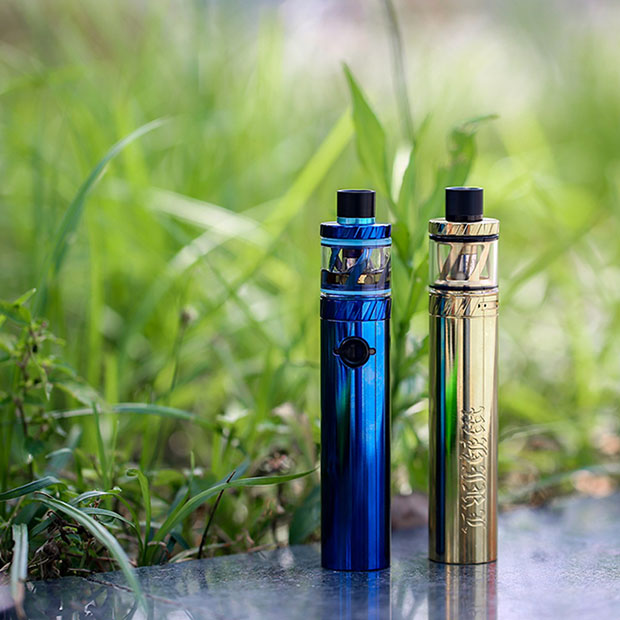How Smoking Affects Kids’ Oral Health

We’ve all heard over and over how smoking can adversely impact health, with the most infamous example being lung cancer.
But smoking doesn’t only harm the lungs; it damages every single system in the body, and it also damages oral health. As parents, we should do whatever we can to make sure our kids and teens aren’t picking up such a harmful habit.
Smoking Versus Oral Health
According to the ADA, some of the oral health effects of smoking include:
- Chronic bad breath
- Stains on the tongue and teeth
- Dulled senses of taste and smell
- Receding gums
- Enamel erosion
- Tooth and bone loss
- Increased risk of gum disease and oral cancer
What About Vaping?
Vaping is often portrayed as a much healthier option to traditional smoking, but the vapor still contains nicotine and ultra-fine toxic chemicals and heavy metals. The nicotine itself reduces blood flow, affecting teeth and gums, potentially causing gum recession and death of gum tissue. It can also reduce saliva production, leading to dry mouth (which causes all kinds of problems, from bad breath to tooth decay), and it can trigger teeth grinding, which damages teeth.
Why Do Kids Start Smoking?
Even if they’re learning in school that smoking can lead to all kinds of diseases and other health problems, it can be hard for kids to really understand that this habit might have very serious consequences for them, personally. In many cases, they start smoking because they want to seem more grown up, particularly if the grown-ups in their lives smoke.
The kids who don’t smoke cigarettes may still be vulnerable to vaping because of all the messaging that it’s not as unhealthy as traditional smoking — not to mention the brightly colored vape pens and candy flavors the liquid comes in. Decades of PSAs and instruction have been pretty effective at stripping traditional smoking of its “cool” facade, but modern kids and teens aren’t as wary of vaping. As parents, we should talk to our kids about the effects of vaping and help them understand that they don’t need an addictive habit to be cool and grown up.
Secondhand Smoke Isn’t Safe Either
Sometimes smokers will claim that they’re not hurting anyone else with their habit, and they’re willing to accept the risks to themselves. Unfortunately, this is not accurate. Studies have suggested a link between cavities (in baby teeth and adult teeth) and regular exposure to secondhand smoke. The broader health risks are especially serious for small children and infants, including infections, asthma attacks, and even SIDS.
Take Advantage of the Resources Around You
Quitting an addictive habit isn’t easy, but smokers who need help quitting are not alone. Some of the best resources are the support of family, friends, and counselors. There’s also a lot of great information available online, and the dentist is another great resource. If you are a smoker, make sure to schedule regular dental exams (sometimes more than two a year) to keep your mouth healthy!
